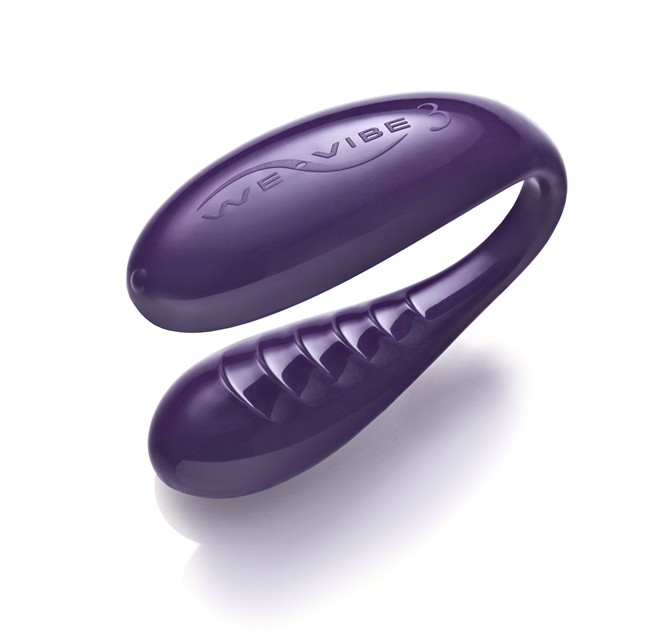A Canadian sex toy manufacturer has agreed to hand over $4 million to settle a privacy lawsuit after it was discovered its “smart vibrator,” the We-Vibe 4 Plus, secretly collected highly sensitive personal data, right down to the date and time the device was used.

The lawsuit — filed in the U.S. in September 2016 — alleged We-Vibe manufacturer Standard Innovation designed its app to collect and record intimate and sensitive data on use of the vibrator, including the date and time of each use as well as vibration settings (like “pulse,” “peak” and “cha cha cha”). The We-Vibe requires users to download the app, called We-Connect, so users and their partners to control the Bluetooth-equipped vibrator’s settings remotely.
READ MORE: We-Vibe lawsuit – Why would a sex toy company want to collect your data?
It also alleged the usage data and the user’s personal email address were transmitted to the company’s servers here in Canada.
Standard Innovation has maintained that customer data was not compromised; however, the lawsuit inspired many to ponder why a sex toy company would want to collect such personal information in the first place. At the time, a company spokesperson told Global News it’s in order to improve their products.

Get breaking National news
“We use certain limited data in an aggregate, non-identifiable form to help us improve our products,” said Denny Alexander, marketing communications manager at Standard Innovation.
WATCH: WikiLeaks exposes smart tech software used as CIA spy tools

In September, the company reiterated its commitment to privacy and security, noting it was engaging with privacy experts to review its data practices. The company also updated its We-Connect app which allowed users to control how their data was used and clearly laid out its privacy and data policies.
As part of the settlement, U.S. customers who purchased the We-Vibe Plus 4 will receive up to US$199 in compensation; however, anyone who bought the vibrator, downloaded the We-Connect app and used it to control the Bluetooth enabled sex toy before Sept. 26, 2016, may be eligible for up to $10,000 in compensation.
READ MORE: ‘Beware of all things smart,’ privacy guru warns in wake of Wikleaks disclosure
The company has also agreed to delete any previously recorded personal information, including “the time and date of each use, the vibration intensity level selected by the user, the vibration mode or pattern selected by the user, the temperature of the device, and battery life.”
- Minister ‘disappointed’ in OpenAI, but why is AI regulation taking years?
- OpenAI’s handling of Tumbler Ridge shooter info opens regulation questions
- OpenAI reps summoned to Ottawa to discuss concerns following Tumbler Ridge shooting
- Blizzard slams into northeastern U.S., with intense snow and travel bans






Comments
Want to discuss? Please read our Commenting Policy first.